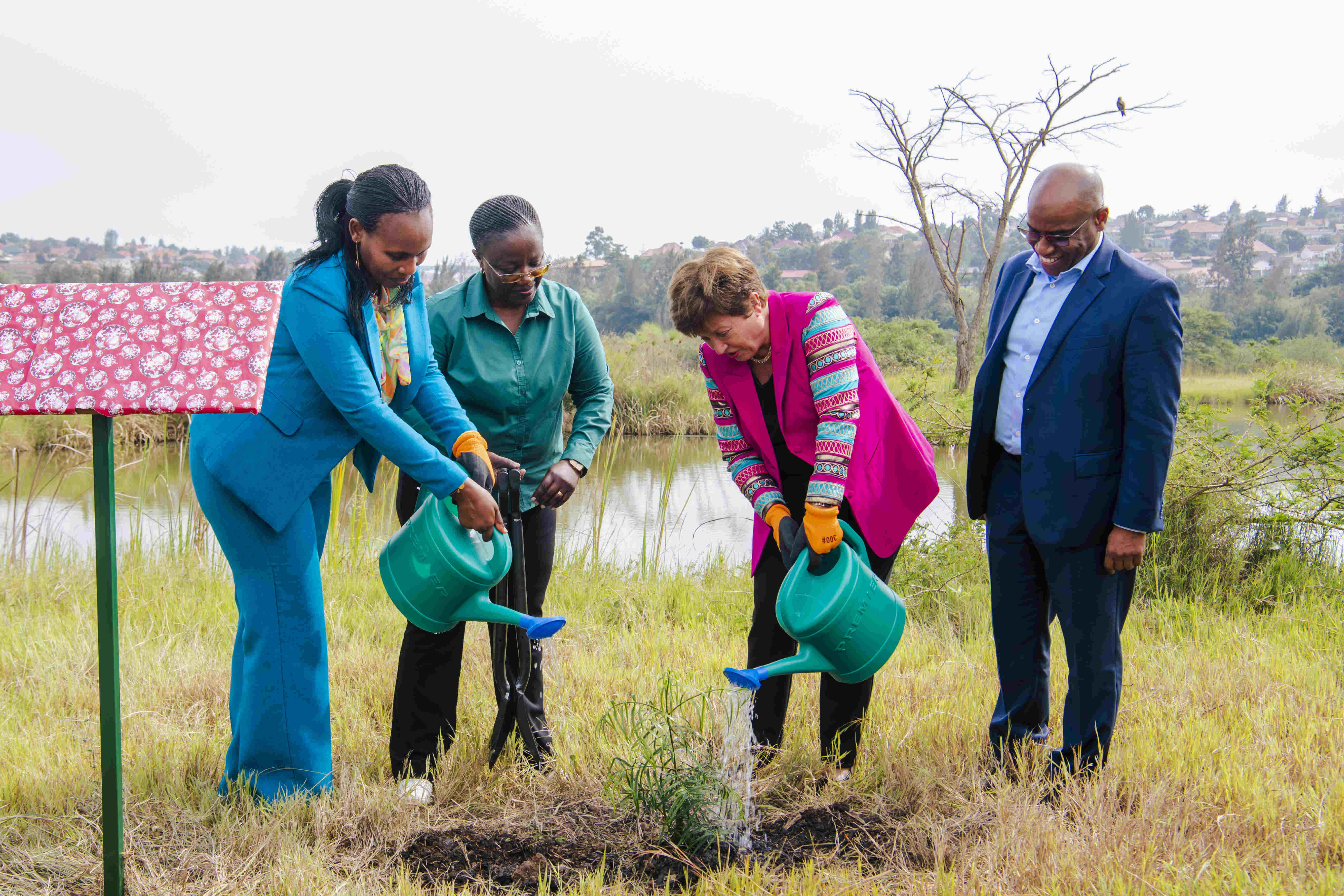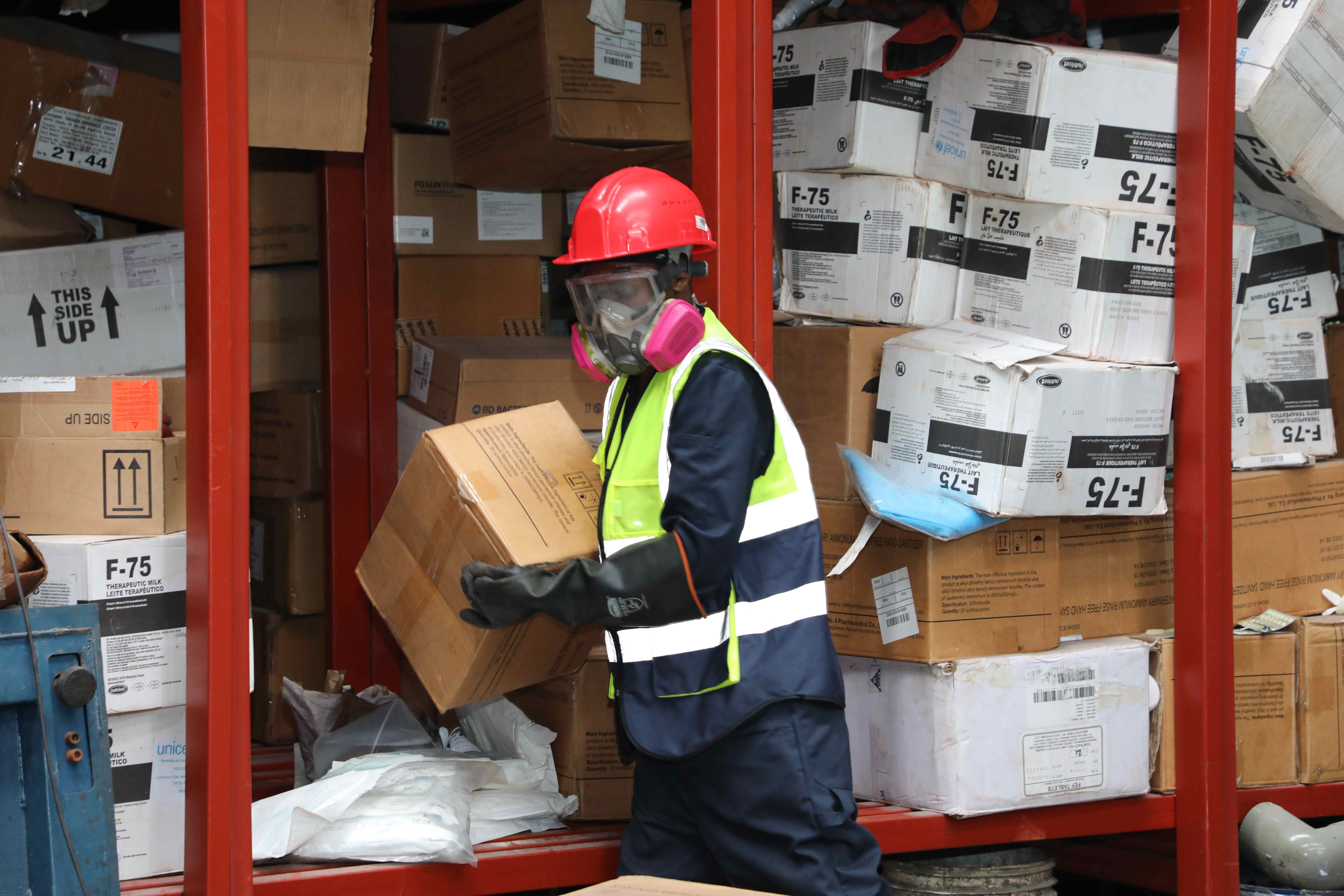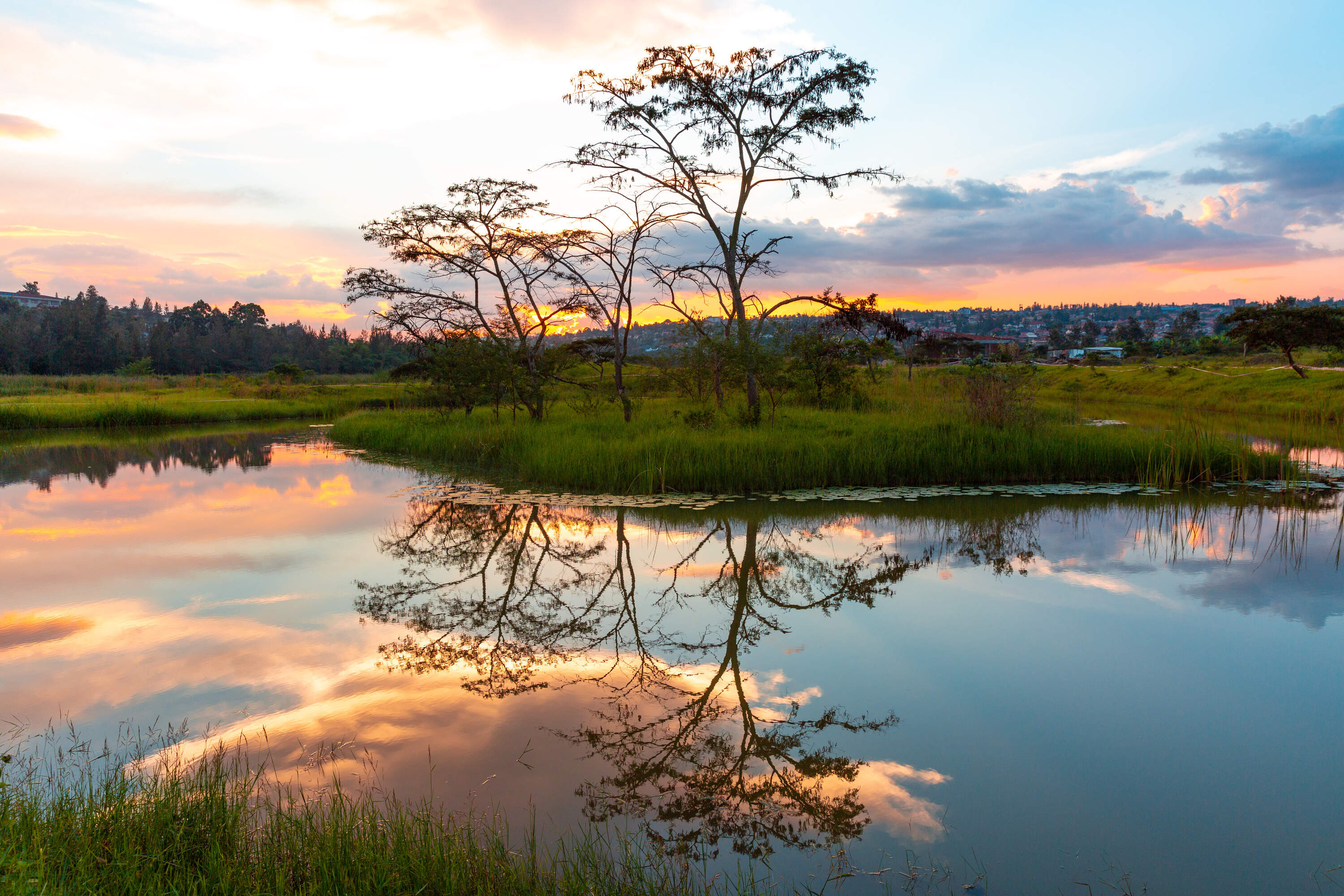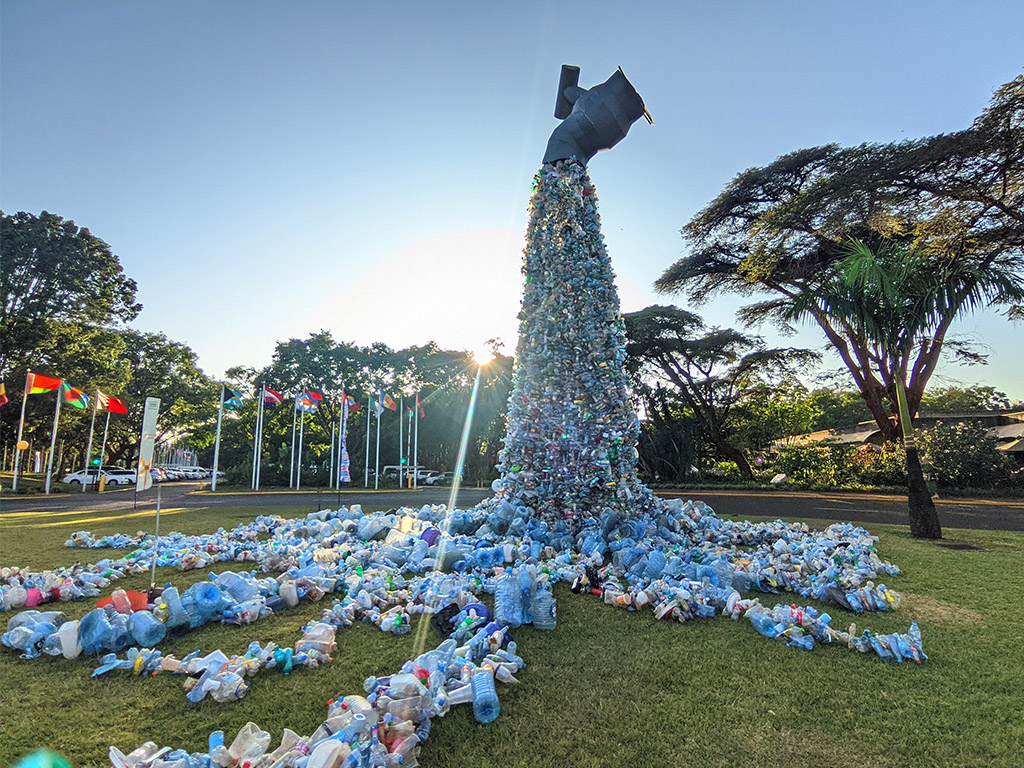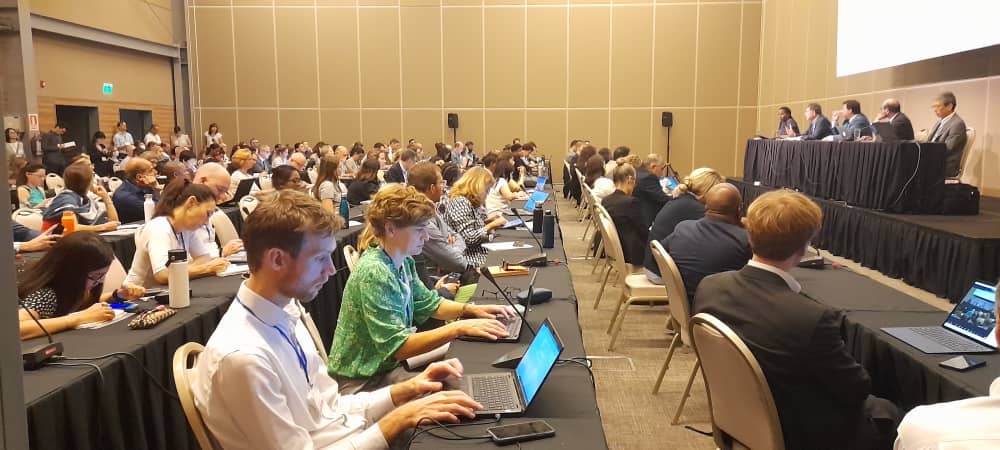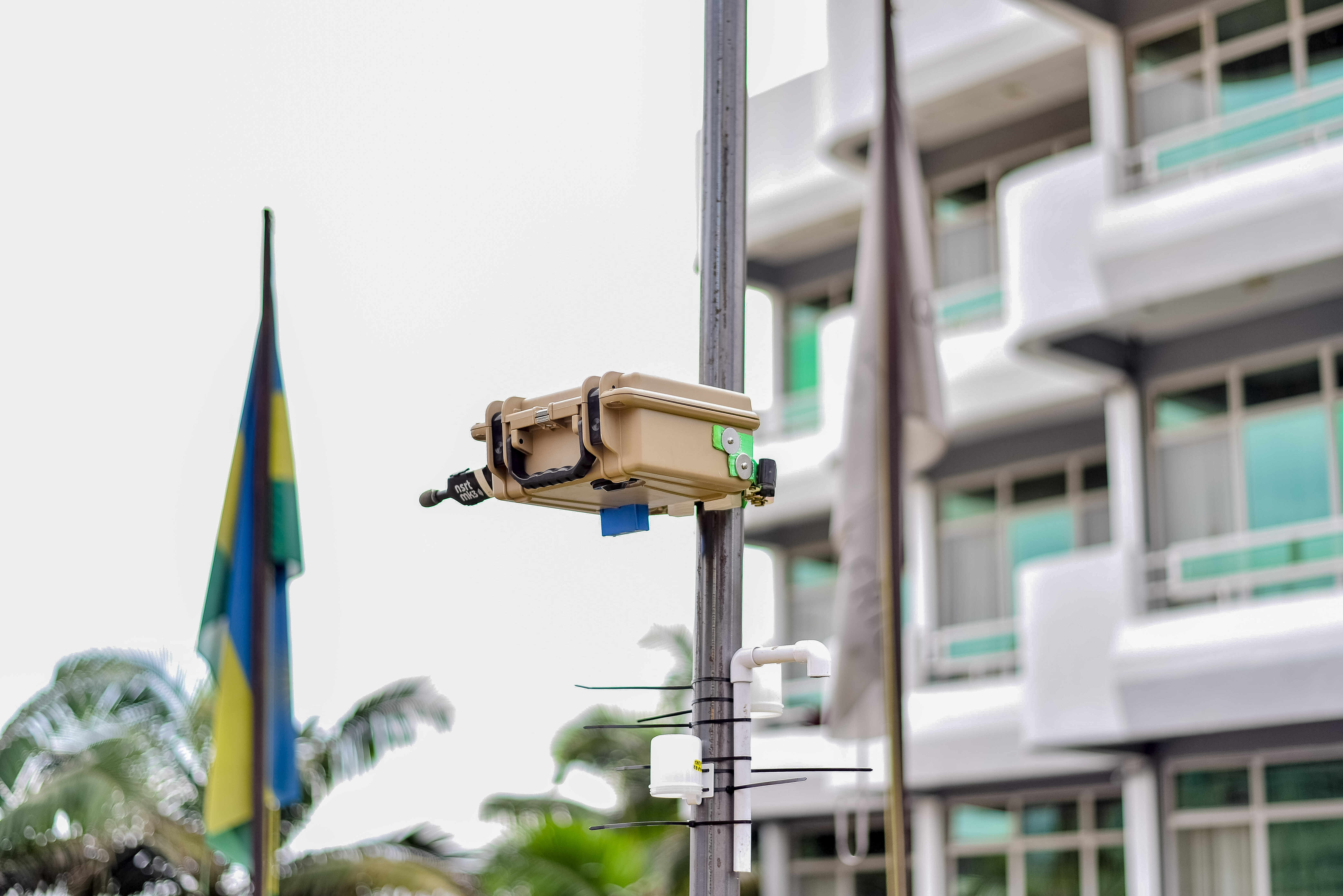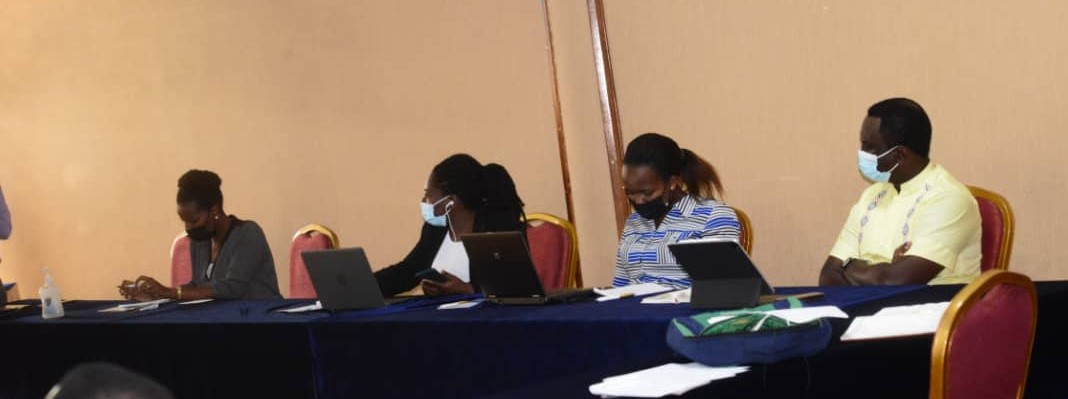
Rwanda launches project to protect human health and the environment from the adverse effects of mercury pollution
The Rwanda Environment Management Authority (REMA), has launched the Minamata Initial Assessment (MIA) and National Action Plan (NAP) Projects.
Both projects were launched on June8, 2021 in line with the Minamata Convention on mercury, designed to protect human health and the environment from anthropogenic emissions and release of mercury and mercury compounds, that Rwanda acceded in June 2017.
Mercury is a naturally occurring element that is found in air, water and soil. Exposure to mercury – even small amounts – may cause serious health problems and is a threat to the development of the child before and after birth.
According to the World Health Organization (WHO), the inhaling mercury vapour can have harmful effects on the nervous, digestive and immune systems, lungs, kidneys and skin, and may be fatal. The inorganic salts of mercury are corrosive to the skin, eyes and gastrointestinal tract, and may induce kidney toxicity if ingested.
After becoming a part to Minamata Convention, Rwanda conducted a preliminary national survey to map out different institutions and priority areas suspected to have mercury, and mercury pollution, and these include Artisanal and Small-Scale Gold Mining (ASGM), health sector (thermometers, tensiometers, dental amalgams), industry sector (butchery, paints) among others.
“The MIA is one of the solutions that will help us to evaluate ourselves throughout national mercury inventory used in Artisanal and Small-Scale Gold mining as well as in health sector. However, NAP will help us to have health status of the people working with these sectors and put in place the alternative technology aiming at phasing out the use of mercury” says Juliet Kabera, Director General, Rwanda Environment Management Authority (REMA).
The Minamata Initial Assessment project will raise awareness of health risks associated with mercury among the general public and government officials.
The artisanal and small-scale gold mining sector, along with health, ICT, Transport, water and informal sectors were identified as priority sectors related to the use of mercury.
The development of National Action Plans for artisanal and small-scale gold mining is a requirement under the Minamata Convention. Therefore, this project will support Rwanda to improve national capacity for managing mercury, and reduce the exposure of the people to mercury and the associated negative health consequences.
The two initiatives are being supported by the United Nations Industrial Development Organization (UNIDO) and the United Nations Institute for Training and Research (UNITAR).
The Minamata Convention has a phased approach to reduce, and where possible, eliminate mercury use in key industrial sectors. It is also designed to systematically reduce emissions and releases to land and water and phase out the use of mercury where alternatives exist.
The Minamata Convention was adopted and opened for signature at the Conference of Plenipotentiaries held from 9 to 11 October 2013 in Minamata and Kumamoto, Japan and entered into force on 16 August 2017. Up to June 2018, 128 countries had signed the treaty and 94 had ratified it. As for now, 131 country have ratified the treaty and Rwanda became a Party on 29 June 2017.
To support the state parties to achieve the objective of the Convention, the Global Environment Facility (GEF) avails financial support to keep the momentum of making mercury history.
Topics
More posts
Rwandans Urged to halt wetlands degradation and contribute to wetlands restoration
Kigali, February 02,2023- Rwanda joins the rest of the world to commemorate World Wetlands Day (WWD) usually celebrated every year with the ultimate…
IMF Managing Director commends Rwanda’s commitment to fighting climate change
The Managing Director of the International Monetary Fund (IMF), Kristalina Georgieva commends Rwanda’s commitment to fighting climate change and being…
Rwanda Environment Management Authority and AKADEMIYA2063 Launched Partnership to Support Climate Mitigation and Adaptation
Kigali, January 11, 2022 – In view of implementing the African Union Commission (AUC) resolution to support African Union (AU) member states to comply…
The new Global Biodiversity Framework with an ambitious plan to protect and restore nature
Montreal, Canada, 22 December 2022 - The “Kunming-Montreal Global Biodiversity Framework” (GBF) adopted at the 15th meeting of the Conference of…
Rwanda launches a five-year initiative to improve hazardous waste management
The Rwanda Environment Management Authority (REMA) and the United Nations Development Programme (UNDP) have today launched a five-year project to…
Rwanda calls on the world to put nature first and agree on an ambitious Global Biodiversity Framework
Rwanda is calling on nations of the world to join hands and agree on an ambitious Global Biodiversity Framework at this UN Biodiversity Conference…
Rwanda and Norway to host a "Roadmap to end plastic pollution by 2024" event at WCEF2022
Rwanda and Norway through the Rwanda Environment Management Authority (REMA) are organising a "Road map to end plastic pollution by 2040" side event…
Negotiations on global treaty to end plastic pollution begin in Uruguay
Rwanda will join nations from around the world in Uruguay to begin drafting a global treaty to end plastic pollution with the first session of the…
AIMS and REMA launch Kigali City Framework for Noise and Air Quality Monitoring Campaign
The African Institute for Mathematical Sciences (AIMS), in partnership with Rwanda Environment Management Authority (REMA), have today launched the…
